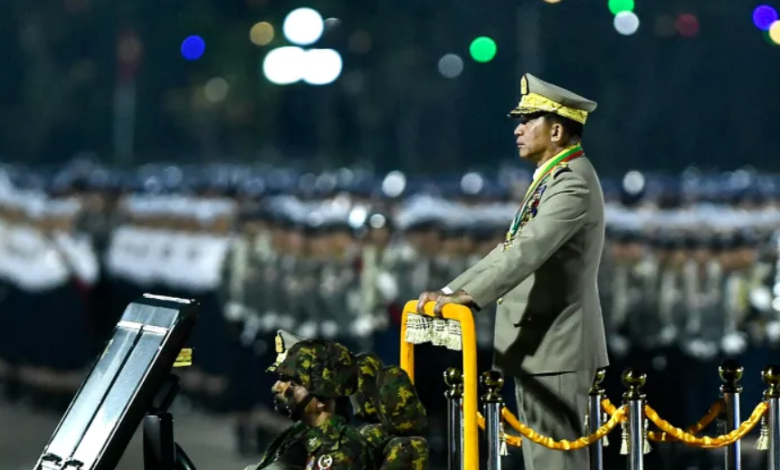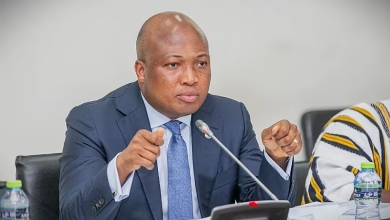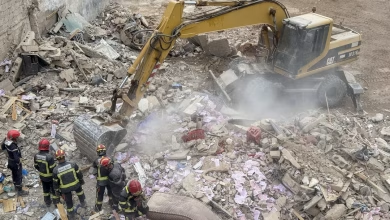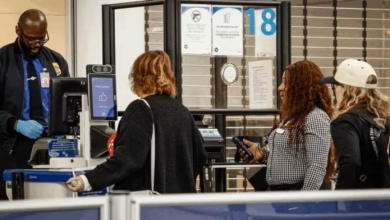Rights Groups Warn: Myanmar Military Escalates Executions of Anti-Coup Activists

- The IIMM did not identify individuals at risk of execution
- The Assistance Association for Political Prisoners reports about 20,934 people in detention.
- A total of 123 prisoners have been sentenced to death since the coup.
Myanmar’s military regime has executed two anti-coup activists and plans to execute five more on September 24, according to rights groups urging the international community to take action.
Maung Kaung Htet and his wife, Chan Myae Thu, were executed at 4 a.m. local time on September 23, the Women’s Peace Network reported in a statement on Monday.
The couple was convicted “without due process and a fair trial” for their alleged involvement in a parcel bomb attack on Yangon’s Insein Prison in October 2022, according to the rights group.
It also warned that five additional pro-democracy activists—Kaung Pyae Sone Oo, Zeyar Phyo, Hsann Min Aung, Kyaw Win Soe, and Myat Phyo Myint—are at risk of execution on Tuesday.
These activists were convicted in a closed court in May 2023 after being imprisoned since September 2021 for the alleged fatal shooting of four police officers on a Yangon train.
“The junta will be further emboldened to execute more than 120 other detainees facing sham death penalties by murdering additional individuals,” the Women’s Peace Network stated.
Myanmar’s military, which seized power in a coup in February 2021, shocked the world by executing four pro-democracy activists in July 2022, marking the first use of the death penalty since the late 1980s.
The situation has since worsened, with the military facing renewed offensives from ethnic armed groups allied with pro-democracy factions across various regions.
ASEAN Parliamentarians for Human Rights (APHR) have called on the Association of Southeast Asian Nations to take a stand.
“Break the silence,” urged Mercy Chriesty Barends, APHR chairperson and member of Indonesia’s House of Representatives. “ASEAN foreign ministers must condemn the SAC execution policy.”
APHR reported that the five activists facing execution have endured torture and sexual violence without access to reliable legal support.
“We are gravely concerned that the death penalty is being used to silence dissenting voices in Myanmar,” said Arlene D. Brosas, APHR board member and Philippine parliamentarian.
On Tuesday, Myanmar’s state media made no mention of the executions or death sentences, and calls to military spokesman Zaw Min Tun went unanswered.
Nicholas Koumjian, head of the Independent Investigative Mechanism for Myanmar (IIMM), stated that the UN body is “closely monitoring reports of planned executions resulting from non-public trials,” noting these actions may constitute crimes against humanity or war crimes.
“One of the most fundamental attributes of a fair trial is that it be public unless there are compelling national security reasons,” Koumjian said. “Lack of transparency raises doubts about the respect for other fair trial guarantees, such as impartiality and independence of the tribunal.”
The IIMM statement did not specify the individuals at risk of execution.
The Assistance Association for Political Prisoners, which has been tracking the crackdown since the coup, reports that approximately 20,934 people are currently in detention, with 123 prisoners sentenced to death.






